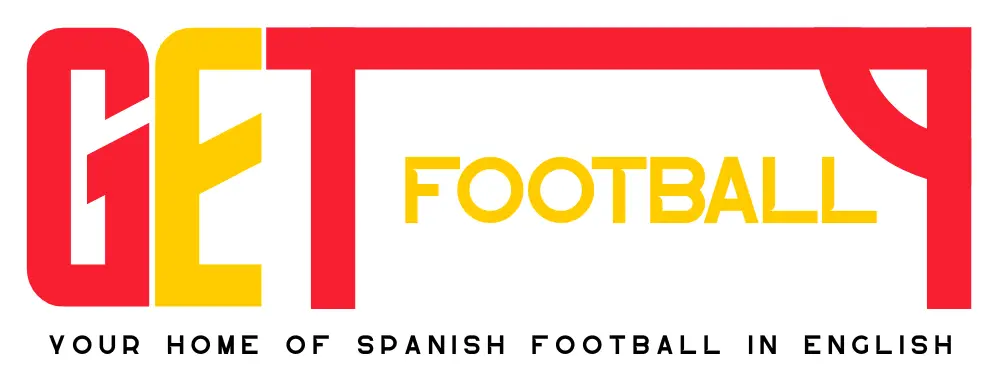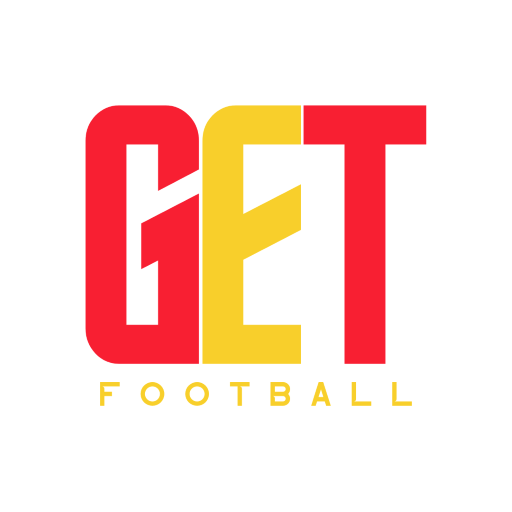When Diego Godín first arrived in Spain back in 2007 from Nacional, he was seen as just another South American youngster who was out to make it big in Europe. South American clubs produce talents on a regular basis, but many of them end up failing to make the grade due to a variety of reasons. Many of them make a move at a young age and struggle to adjust to the culture in Europe, while others just cripple under expectations.
Godín arrived at Villarreal when he was in his early 20s. He wasn’t exactly an unknown commodity, as he had made his debut for the Uruguayan national team two years prior. Even at a tender age, leadership hadn’t been a problem for the central defender. He had captained Nacional at a young age and his maturity on the ball and off the ball would always stand out. But like how the case is for every South American talent, there were no assurances that he would make it big.
Like Godín, Villarreal had also signed a host of other South American starlets in the summer of 2007 itself. A certain Martín Cáceres arrived from Defensor, Leonardo Sigali came from Lanus, Mathias Vidangossy came from Unión Española, while Marco Rubén was roped in from River Plate.
One thing Godín did have in his favour was the transfer fee. The Yellow Submarines had shelled out less than a million on him and it was seen as a potentially low-risk, high-reward move. And right from the first game, he was around the club’s first-team and Manuel Pellegrini initially saw him as a reliable back-up to Pascal Cygan and Fabricio Fuentes. But over the passage of the campaign, the Uruguayan became a key member of the side and helped them finish as high as second in La Liga in the 2007/08 campaign – their highest in history till now.
This was only a sign of things to come for the defender. There was a reason for people to be excited about his first season in Spain. He always seemed to have this assurance about himself that he could do a job. After all, young Diego had seen it all back in Uruguay. When he was 15, his former club Defensor had told him that he wasn’t good enough and he had even considered quitting football at that point. But a smaller Montevideo-based club called Cerro had given him a chance some months later.
In the next two seasons, his importance at the Castellón-based club only increased. He had played only 1991 minutes in the 2007/08 season, but he played 2767 minutes in the 2008/09 league season and played 3,183 minutes in the next campaign. There was a clear sign there that the then 23-year-old had won the trust of everyone at the club and having joined for less than €1m, would reap the club financial profits in some ways.
A standout performance came in the UEFA Champions League in 2008 against Sir Alex Ferguson’s Manchester United side, who were the reigning European champions at that point. But that didn’t bother young Godín at all. Playing against the likes of Cristiano Ronaldo, Wayne Rooney and Carlos Tévez, he did an exceptional job of helping Villarreal keep a clean sheet at home. He won headers and battled like a warrior that night. His stock was clearly rising and clubs were taking note.
That move did come about in 2010. It wasn’t a giant of the Spanish game like Real Madrid or Barcelona. But Atlético Madrid had just won the Europa League by beating Fulham in the final of the competition. The club had lost a spine of important players at that point and they were keen to freshen up and sign some younger players to build a solid foundation for the future.
In the same summer, Felipe Luis had joined from Deportivo, Koke was promoted to the first-team, Diego Costa was signed from Real Valladolid. Juanfran and Mario Suárez had also arrived from lesser Spanish clubs like Osasuna and Mallorca.
By this point, Godín was no stranger to playing regular football. He starred in Atléti’s win over Inter in the Super Cup final and while playing beside the experienced Luis Perea, he had become a regular feature of Quique Sánchez Flores’ side. Atleti did finish below Villarreal that season but to many, it was bound to happen because of the transition.
In the middle of the 2011/12 season, Atlético appointed the enigmatic Diego Simeone. His approach to the game was as tenacious as he was during his playing days. It was pragmatic, no-nonsense and relied on defensive solidarity. In Godín, Simeone found the ever-reliable defensive shield who would be willing to cover every blade of grass at the back for the team.
Simeone’s system really came into shape in the 2012/13 season and it made perfect use of Godín’s aerial abilities and his tendency to play the ball out from the back on some occasions too. Los Rojiblancos did win the Europa League once again in 2012, beating Athletic Club in the final. They had become experts at managing games and soaking up the pressure and Godín became the spearhead of that.
Beating Chelsea in the Super Cup final of 2012 was another achievement. Under Simeone in the 2012/13 season, Atléti had become the closest challenger for Real and Barcelona. They finished third that season and while the European campaign was disappointing, the league progress was a step in the right direction for Godín and his club.
And in 2013/14, it happened. After months of building the club and giving it a recognisable identity, Atléti defied all the odds to win the title. Godín scored four goals in the league that season, emerging as one of the best defenders in the league. To many, the Uruguayan was the best player in the league that season. If not that, he was just behind Lionel Messi and Cristiano Ronaldo in that regard. This established him as one of the best defenders in Europe and in the world.
He also scored in the Champions League final against Real and while Los Blancos did seal a stunning comeback to win 4-1, it proved to the world how efficient a player Godín was. Not just that, but Godín was also on target in the final game of the 13/14 season in what was a must-win game against Barcelona. The Uruguayan scored again in the Champions League final of 2016. Even though it didn’t reap a Champions League winners medal again, it was still very symbolic.
That perhaps stands as testimony to how Godín wasn’t just the man to soak up pressure. At crucial points, he became the man to cause havoc in the opposition box and used his aerial abilities perfectly in more ways than one.
Even though times have been tough for him under Antonio Conte at Inter and Atléti have done alright in replacing him, Godín’s impact in La Liga was undeniable. He became the leader of the ultimate underdog and led from the front. He symbolised what the Colchoneros team was all about and his no-nonsense approach will remain synonymous with Atlético Madrid and Simeone himself.










